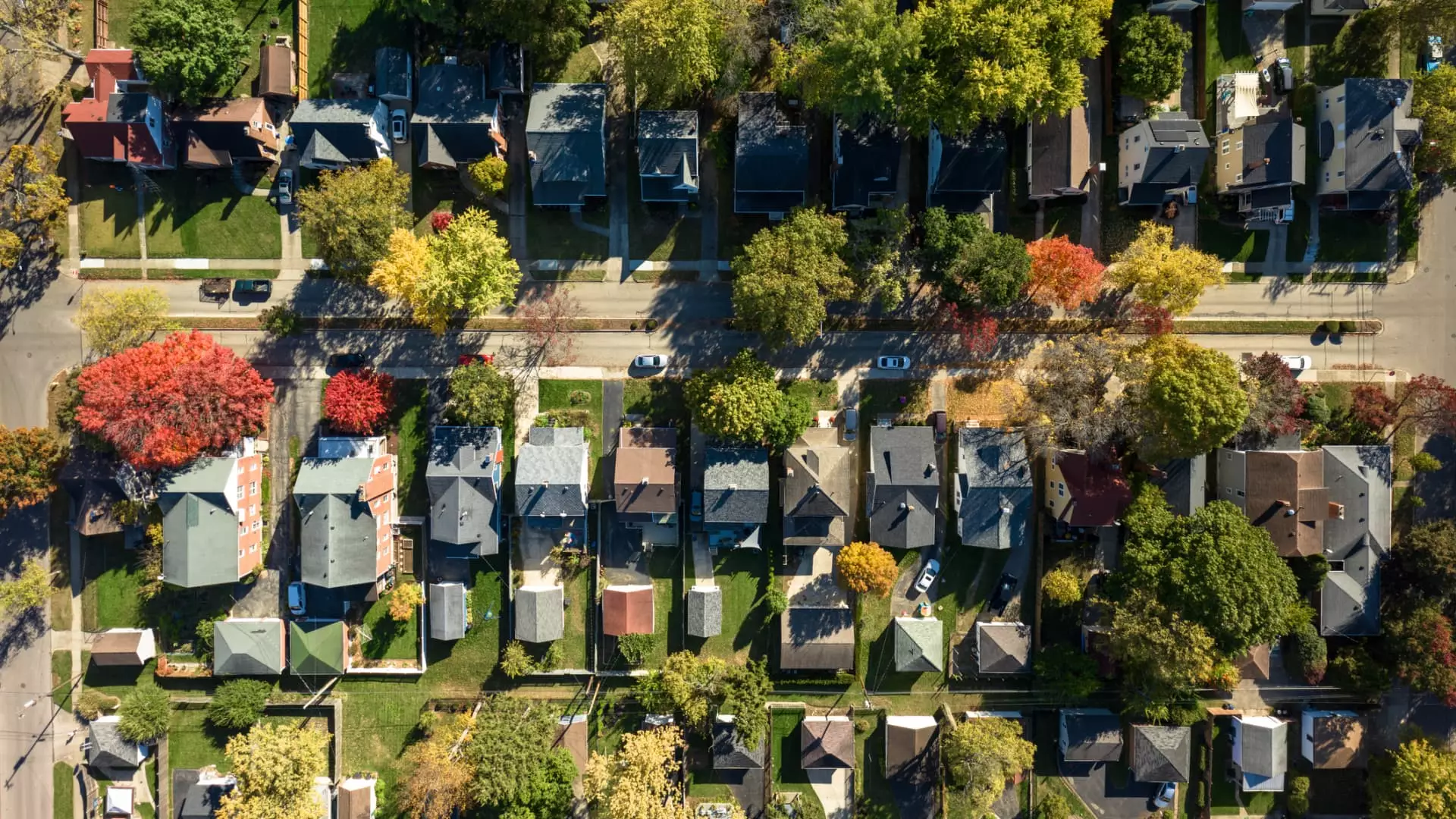When considering whether or not to buy a home, the first step is to assess your financial situation. According to a recent study by Zillow, in 2022, there were millions of renter households who could have afforded to buy a home. However, many renters may not be aware that they are in a position to become homeowners due to misconceptions around affordability. It is crucial to evaluate your income and expenses to determine if homeownership is a feasible option for you.
Understanding your buying power is essential when contemplating purchasing a home. Factors such as your credit score, debt-to-income ratio, and overall financial health play a significant role in determining your ability to secure a mortgage. By getting prequalified by a lender, you can gain insight into what price range you can afford and whether becoming a homeowner is a viable option for you.
The debt-to-income ratio is a crucial factor that lenders consider when evaluating mortgage applications. A high debt-to-income ratio can hinder your ability to qualify for a mortgage, as it suggests that you may struggle to make monthly mortgage payments on top of existing debt obligations. Managing your debt, including student loans, credit card balances, and other outstanding debts, is essential to improving your debt-to-income ratio and increasing your chances of being approved for a mortgage.
Setting a realistic budget is key when preparing to buy a home. The 28/36 rule is a commonly used guideline that suggests not spending more than 28% of your gross monthly income on housing expenses and no more than 36% on all debts. However, some lenders may be more flexible and approve applicants with higher debt-to-income ratios. By understanding your financial limits and creating a budget that aligns with your income and expenses, you can determine the maximum mortgage payment you can afford.
In addition to the cost of the home itself, it is crucial to consider other expenses associated with homeownership. Factors such as property taxes, homeowner’s insurance, potential homeowners association fees, and maintenance costs should be taken into account when evaluating your financial readiness to buy a home. By factoring in these additional expenses, you can ensure that you are adequately prepared for the full cost of homeownership.
Determining if you are ready to buy a home requires a thorough assessment of your financial situation, understanding your buying power, managing your debt-to-income ratio, setting a realistic budget, and considering additional expenses. By taking these factors into consideration and seeking guidance from financial experts, you can make an informed decision about whether homeownership is the right choice for you.


Leave a Reply